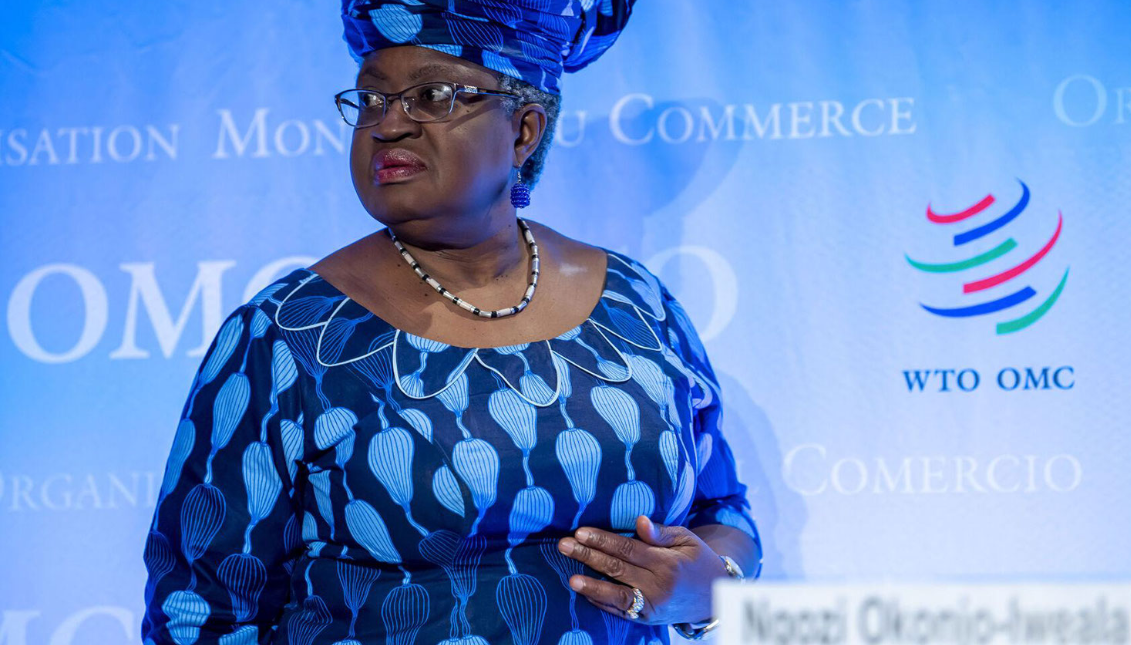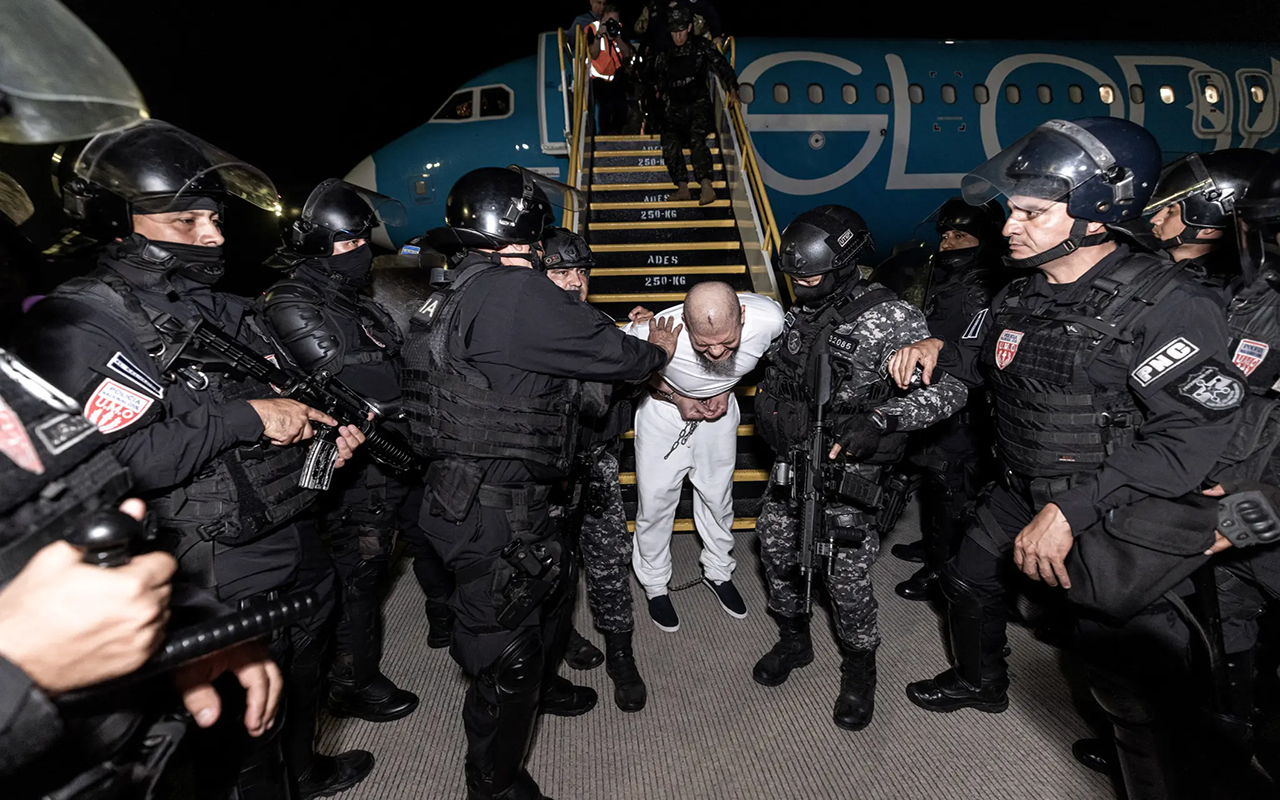
The World Trade Organization has its first woman and African leader
Ngozi Okonjo-Iweala was blocked from the post in 2020 by the Trump administration and South Korea — the home of her rival who just dropped out of contention.
The path has been cleared for Ngozi Okonjo-Iweala, an economist and former finance minister of Nigeria, to take on her role as the first woman and the first African to lead the World Trade Organization.
Candidate Yoo Myung-hee, the South Korean trade minister, announced her decision to pull out of the race in a televised briefing on Friday Feb. 5.
According to a statement from Korea’s trade ministry, Myung-hee’s decision came after discussions with the U.S and other major nations concerning the need to revitalize the multilateral organization.
“There was no consensus,” she said. “So we needed enough time for in-depth consultations with important members, including the U.S.”
The Trump administration favored Yoo for the position and blocked the selection of Okonjo-Iweala in 2020, making the U.S. and Korea the only holdouts in support of Yoo. That opposition was enough to halt the selection because WTO decisions must be made on total consensus of all its members.
Now that Yoo has withdrawn her campaign, dozens of former U.S. government officials have pleaded with President Biden to endorse the Nigerian candidate. Okonjo-Iweala has already received broad support from WTO members, including China, Australia, the European Union, and Japan.
President Biden has already moved forward in the restoration of support for multilateral institutions, and it’s expected that he will sign new trade agreements with discretion.
During a speech to the State Department on Thursday Feb. 4, Biden promised to center diplomacy regarding U.S foreign policy affairs, but he also made sure to emphasize that these middle-class Americans should be the beneficiaries of these decisions.
Okonjo-Iweala, who comes from one of the few parts of the world where free trade is dominant, told CNN last August that free trade would be a key part factor in working towards pandemic recovery.
“The WTO needs a leader at this time. It needs a fresh look, a fresh face, an outside, someone with the capability to implement reforms and to work with members to make sure the WTO comes out of the partial paralysis that it’s in,” she said in the interview.
My thanks to these remarkable leaders for expressing their views! The @wto has a critical role to play in making the Multilateral Trading System part of the solution to #covid19 pandemic, and no time to waste.
— Ngozi Okonjo-Iweala (@NOIweala) January 23, 2021
Let’s get to work on global recovery!https://t.co/UGjiqZ3Zj8
Okonjo-Iweala spent 25 years as a developer economist at the World Bank, eventually ascending to the role of managing director. She was also a chairperson of the board of Gavi, which is currently helping to distribute coronavirus vaccines around the world.
RELATED CONTENT
The 66-year-old, who was the finance minister for her country two times and their first woman foreign minister, has been described as a trailblazer.
Congratulations Mrs. Ngozi Okonjo-Iweala!
— Professor Kwaku Akyeampong @KwakuAkyeampong) February 5, 2021
Good day!
This is a great leap for African women and girls to aspire and achieve great things in life. This is great for Nigerians & Africans. Great Accomplishment Madam!
Wishing you total success!
Posted by @KwakuAkyeampong
@NOIweala https://t.co/KouAHzUZeF pic.twitter.com/eu1jh1DU1w
Ojonko-Iweala spent much of her life in the U.S. and graduated from the Massachusetts Institute of Technology (MIT) and Harvard, where all four of her children attended as well.
Idayat Hassan, of the Centre for Democracy and Development research and advocacy told AFP that the candidate has always delivered throughout her career and is very well-respected in her home country.
“She is not just liked in Nigeria, she is loved, because she is a symbol, and people are gunning for her because of what she represents for womanhood,” said Hassan.
Ojonko-Iweala was recently named the African Union’s special envoy to mobilize international support for the continent’s efforts to address the economic crisis caused by the pandemic.
She has been vocal about the dangers of the rising protectionism and nationalism that have sparked as a result of the pandemic.
“One way to ensure the adequate supply and equitable distribution of vaccines is to remove some of the barriers caused by intellectual property and technology transfer laws,” she wrote in Foreign Affairs magazine last April.










LEAVE A COMMENT: